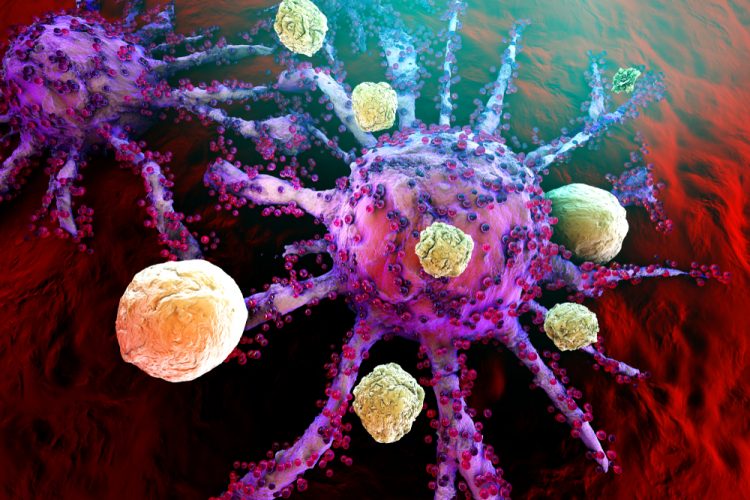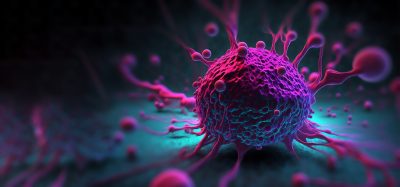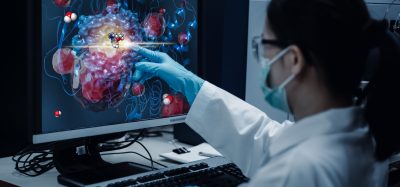Personalised organoid models may improve immunotherapy treatment
Posted: 23 July 2021 | Anna Begley (Drug Target Review) | No comments yet
Researchers have used patient-specific tumour organoid models to improve immunotherapy treatments for appendiceal cancer.


Researchers at the Wake Forest Organoid Research Center (WFORCE), US, have been using patient-specific tumour organoid models as a pre-clinical companion platform to better evaluate immunotherapy for appendiceal cancer, one of the rarest forms of cancer.
Appendiceal cancer is resistant to systemic chemotherapy, however WFORCE created the organoids to use as a predictive model for potential treatment options. The organoids are part of the Wake Forest Institute of Regenerative Medicine (WFIRM)’s “body-on-a-chip” system that allows scientists to engineer the organoids, or human tissue equivalents, that function in a very similar manner as actual human organs.
In the new study, the team’s results indicated that various types of immunotherapies tested on the organoids can potentially support treatment decisions and can achieve personalised results, identifying beneficial therapies while sparing patients from any harmful side effects.
Biomarkers are redefining how precision therapies are discovered, validated and delivered.
This exclusive expert-led report reveals how leading teams are using biomarker science to drive faster insights, cleaner data and more targeted treatments – from discovery to diagnostics.
Inside the report:
- How leading organisations are reshaping strategy with biomarker-led approaches
- Better tools for real-time decision-making – turning complex data into faster insights
- Global standardisation and assay sensitivity – what it takes to scale across networks
Discover how biomarker science is addressing the biggest hurdles in drug discovery, translational research and precision medicine – access your free copy today
Cells from tumour biopsies from 16 patients were obtained to grow the organoids which were then treated with one of three immunotherapy drugs and assessed for responsiveness. “For this study we reconstructed patients’ tumours as organoids, supercharged with a built-in immune system directly obtained from the patient,” explained senior author Konstantinos Votanopoulos. “In this way we created a personalised interface to study how effective the immunotherapy drugs are in activating a patient’s own immune system to kill the cancer.”
Co-author Shay Soker added that new technologies and biological models that improve prognostication will have a significant effect on patient mortality. “Using the organoids as a pre-clinical platform can lead to development of novel therapeutics which target and control tumour cells specifically, sparing healthy tissue from the side effects of chemotherapy and immunotherapy treatments,” he said. “For rare cancers like appendiceal cancer, this technology can make a difference in overall quality of life for patients.”
The new study was published in Clinical Cancer Research.
Related topics
Disease Research, Immuno-oncology, Immuno-oncology therapeutics, Immunotherapy, Molecular Targets, Oncology, Organoids, Personalised Medicine
Related conditions
Cancer
Related organisations
Wake Forest Organoid Research Center
Related people
Konstantinos Votanopoulos, Shay Soker







